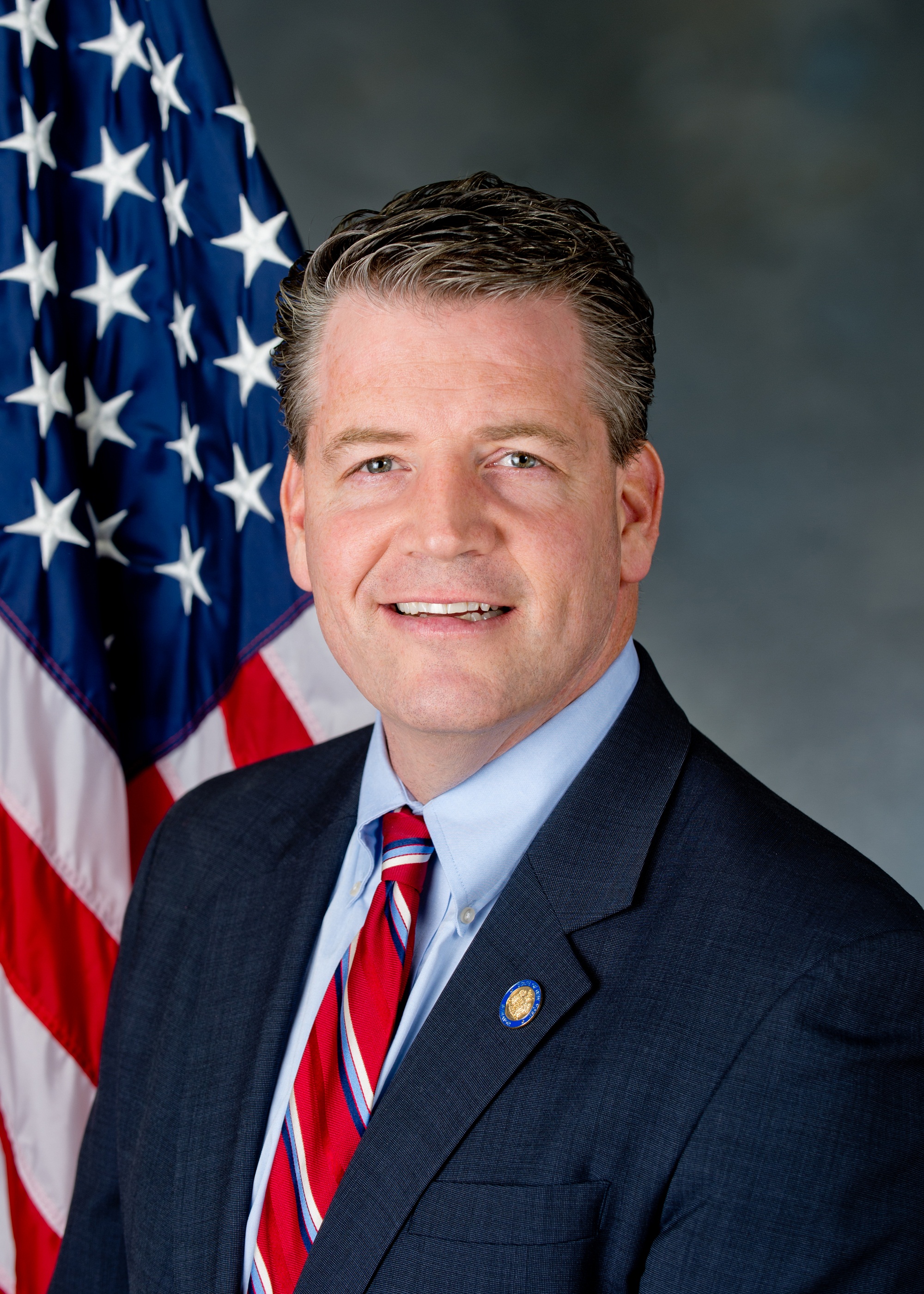Senate Passes Bills to Reduce "Red Tape" for Businesses and Help Reform the State's Bureaucratic Rulemaking Process
Majority Press
May 16, 2017
The New York State Senate today passed four bills to help businesses succeed by reducing burdensome rules and regulations and reforming the rulemaking process to grow the state’s economy. The measures increase transparency, disclosure, and public input to help fully evaluate the impact of costly or arbitrary state regulations. Today’s actions are an important step in the Senate’s work towards achieving regulatory relief and will be followed by additional measures this session.
Senator Jacobs, Chair of the Senate’s Administrative Regulations Review Commission (ARRC), said, “The reform package before us today builds upon past efforts of the Senate’s ARRC, and will continue reducing New York’s onerous regulatory burden. For too long now, New York’s regulatory environment has hampered our economic growth and stifled our entrepreneurial spirit. These reforms are designed to reduce unnecessary regulations, improve the state’s rule making processes, and improve our overall business climate.”
The Senate has taken the lead in cutting bureaucratic red tape, including holding a series of hearings in 2013 to identify the rules, regulations, and mandates that are the most useless and costly. From 2006 to 2015, approximately 2,750 new rules were proposed by state agencies – an average of 275 each year – and these add to the more than 140,000 pages of state regulations currently in place.
In recent years, the Senate has passed numerous bills that help reform the decision-making process and practices that the Senate identified as putting New York’s businesses at a competitive disadvantage. Building upon these prior efforts, today the Senate will act on four bills that will continue to reduce the state’s onerous regulatory burden. The bills would:· Extend Rulemaking Public Comment Periods: Bill S5795, sponsored by Senator Jacobs, extends the period of time for which the notice of proposed rulemaking must appear in the state register from 45 to 60 days. This will provide more time for local governments, small businesses, and individual citizens to perform the substantive and thorough analyses needed to provide meaningful public comment. Federal agencies have similarly extended public comment periods to 60 days in order to allow interested parties the time necessary to submit detailed responses to proposed rules and regulations.· Better Evaluate Job Impacts of Proposed Rules: Bill S3751, sponsored by Senator Terrence Murphy (R-C-I, Yorktown) would make various improvements to the process for evaluating the potential impact of proposed rules on jobs and employment opportunities. The current process, while useful, does not provide sufficient information on the quality of jobs that could be gained or lost by pursuing various policy choices, and does not guarantee that the most appropriate data and methodologies are used. The bill has passed both houses, but was vetoed by the Governor last year on the basis it would create more work for agencies. The Senate believes fully evaluating job impacts and ensuring the economy can continue to grow is worth any additional efforts required by state agencies.
- Senator Murphy said, “Overly burdensome regulations can have a devastating impact on businesses, and economic development throughout the state. For the past two years this legislation has received bipartisan support because we recognize the need for common sense legislation that provides transparency regarding government's impact on job creation. We rank near the bottom of the list as a business friendly state and I hope this is the year this legislation becomes law.”
· Allow ARRC to Delay a Proposed Regulation: Bill S6095, sponsored by Senator Jacobs, would allow the ARRC to delay the adoption of proposed administrative rules by 90 days. If a proposal raises concerns for possible inconsistencies with statutory authority or legislative intent, or for potentially burdening the economy, state and local government operations, or other regulated/affected parties, the ARRC could seek a delay to allow increased public awareness and participation in the rulemaking process and to seek answers from the agency about the concerns raised.
· Enhance Compliance Information Available to Businesses: Bill S1643, sponsored by Senator David Carlucci (D, Rockland/Westchester) would increase the ability of businesses to comply with complex state regulations. The measure improves the currently available Small Business Regulation Guide by identifying any sources of information or assistance available to facilitate small business regulatory compliance, and, where appropriate, include information on the most common regulatory violations that small businesses are cited for by the agency and any actions that small businesses can reasonably undertake to minimize or prevent the occurrence of such violations.
The bills have been sent to the Assembly.


